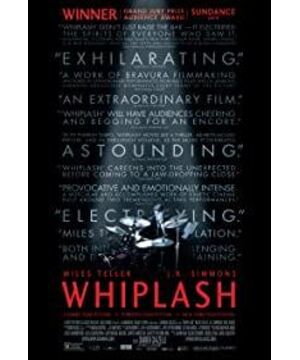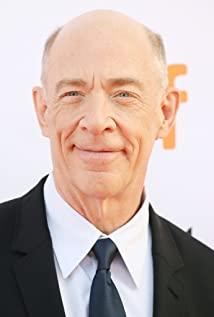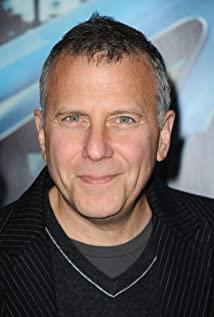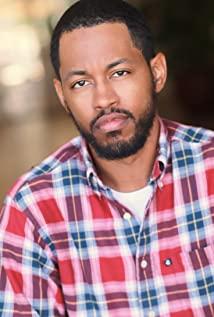Supplementary score, a good story in the secular sense. But I think the most important thing to say is this: this film is not realism, but a secret and refined romanticism. (This is probably why it is easy to understand why this film will be marked with an inspirational tag). If you need a little "hard proof" that the story isn't realistic, check out a video of it by Adam Neely, the biggest music science YouTuber. What I'm going to say is some "empty talk" that's closer to something like story value.
When we encounter difficulties, we need to grit our teeth and persevere when we need to survive, and we need invincible willpower. This is of course. But life isn't all hardships, and music doesn't really matter if that's the case. It is a simple and romantic imagining to think of life as all dilemmas. It is true that success requires willpower and hard work, but too much focus on willpower under high pressure and breaking through difficult situations is a distortion, which is reflected in the soul character Fletcher, as well as in the protagonist. Music in reality requires more training that is not so extreme but requires more long-term patience. In reality, the music business does not have NBA-style rookie selection, but requires you to seize the opportunity to express yourself, communicate aesthetics, and gain recognition from others. . And what supports these is not the recognition of "suffering" and "success", but the finding of true joy in the purposeless and purposeful nature of music. These complex and uncertain, but including people, are more important than the ability to memorize the rhythm and speed, and the ability to continue to play music in reality. This is the most unrealistic aspect of this movie, and the reason it doesn't make a great movie in my opinion.
View more about Whiplash reviews











